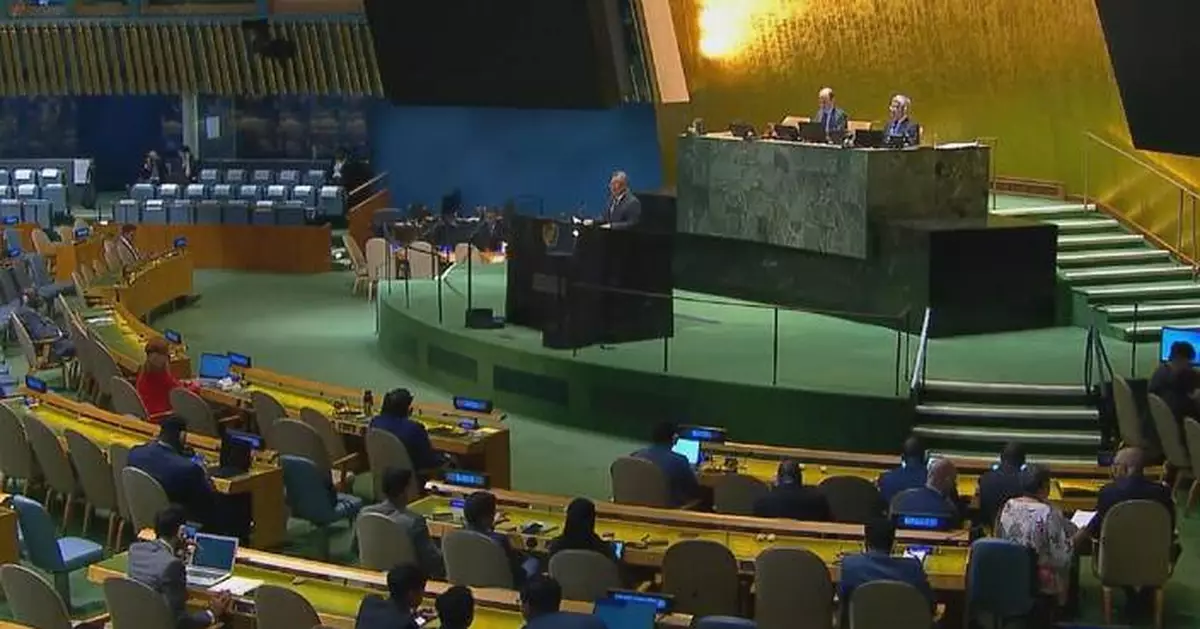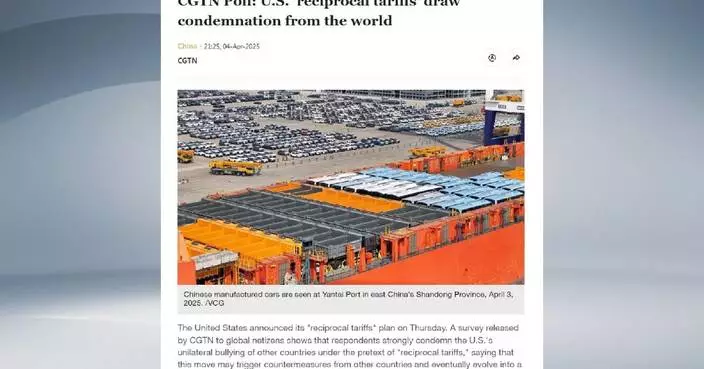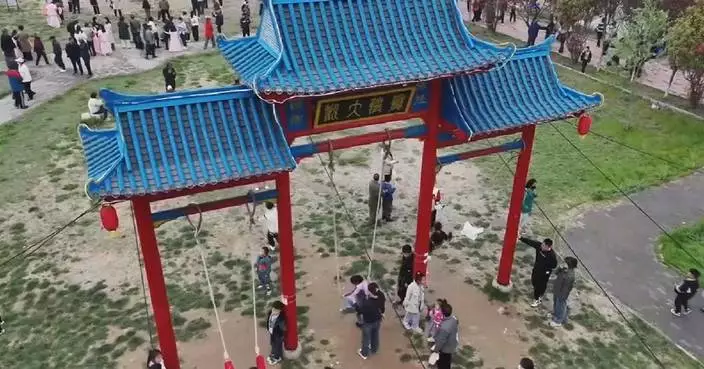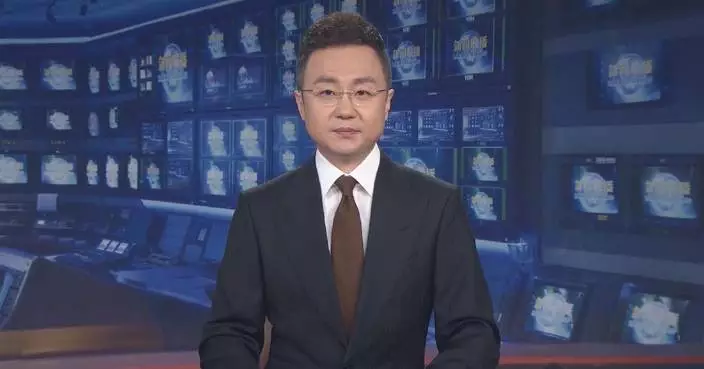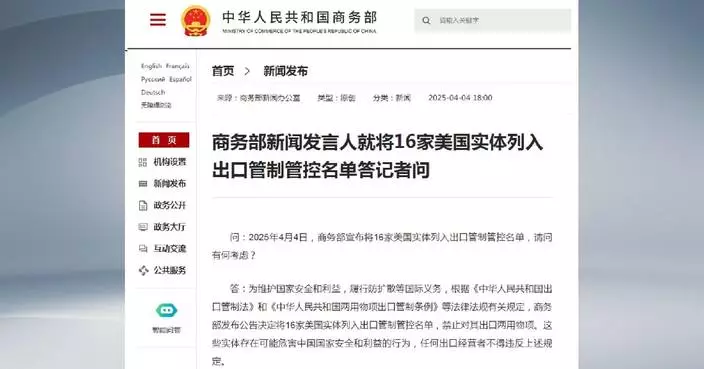Fu Cong, China's permanent representative to the United Nations, on Tuesday urged Israel to heed the strong call of the international community by immediately ending its unlawful presence in the occupied Palestinian territory.
In his remarks at the UN General Assembly (UNGA) emergency special session on the Palestinian question, Fu said decades of occupation and oppression have inflicted untold sufferings on the Palestinian people, and made the long-cherished dream of independent statehood ever more elusive.
Fu stressed that ending the occupation is not an option, but a legal obligation for Israel.
The International Court of Justice (ICJ), in its advisory opinion issued on July 19, unequivocally concluded that Israel's continued presence in the occupied Palestinian territory is a violation of international law, and that Israel is under an obligation to immediately bring to an end its unlawful presence in the occupied Palestinian territory, the ambassador said, adding that the ICJ's advisory opinion affirms the long-standing consensus of the international community and pinpoints the crux of the Palestinian question.
Fu noted that ending the occupation is to redress historical injustice and, more importantly, lay the foundation for peace.
Underscoring that independent statehood is the inalienable right of the Palestinian people as a nation, the ambassador said the prolonged illegal occupation has hindered the realization of self-determination of the Palestinian people and given Israel an exclusive veto over Palestine. "This is unacceptable," he said.
"History has fully demonstrated that occupation will not make Israel more secure; it will only breed more hatred and opposition, planting the seeds of unrest and instability throughout the Middle East. Only a complete end to the occupation and the establishment of the independent State of Palestine will truly make it possible for Palestine and Israel to stay side by side in peace, for the people of both nations to live in peace and tranquility, and for achieving lasting peace in the Middle East," said Fu.
Fu emphasized that the implementation of the two-State solution is the only viable way to resolve the question of Palestine, and is the broad consensus of the international community.
What is concerning is that Israel continues to make statements rejecting the "two-State solution", and the ongoing Gaza conflict that has lasted for 11 months has made the prospect of achieving the "two-State solution" even more uncertain, Fu said.
China advocates the convening of a more broad-based and effective international peace conference to revitalize the political prospects of the two-State solution and to work out a timetable and a roadmap for the implementation of "two-State solution", he said.
"Today is a historic moment," Fu said, noting that the State of Palestine has taken a seat among UN member states and introduced a draft resolution to the General Assembly that focuses on the implementation of the advisory opinion of the ICJ.
He said China will vote in favor of the draft resolution, and hopes the resolution will give new impetus to ending the occupation, implementing the two-State solution, and advancing the Middle East peace process.
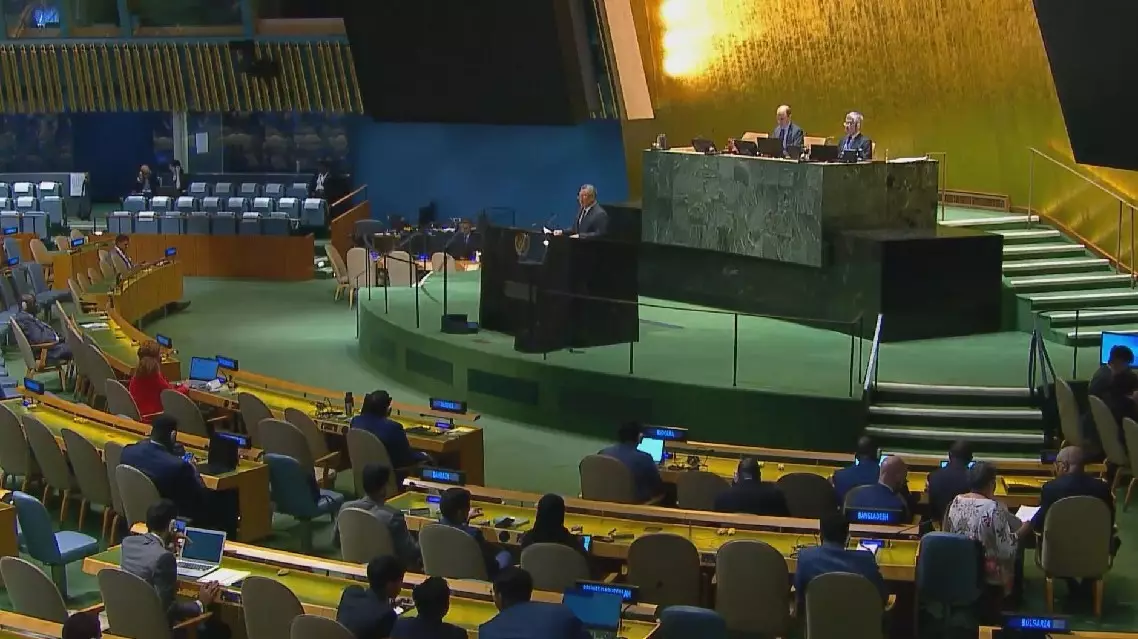
Chinese envoy urges Israel to immediately end unlawful presence in occupied Palestinian territory
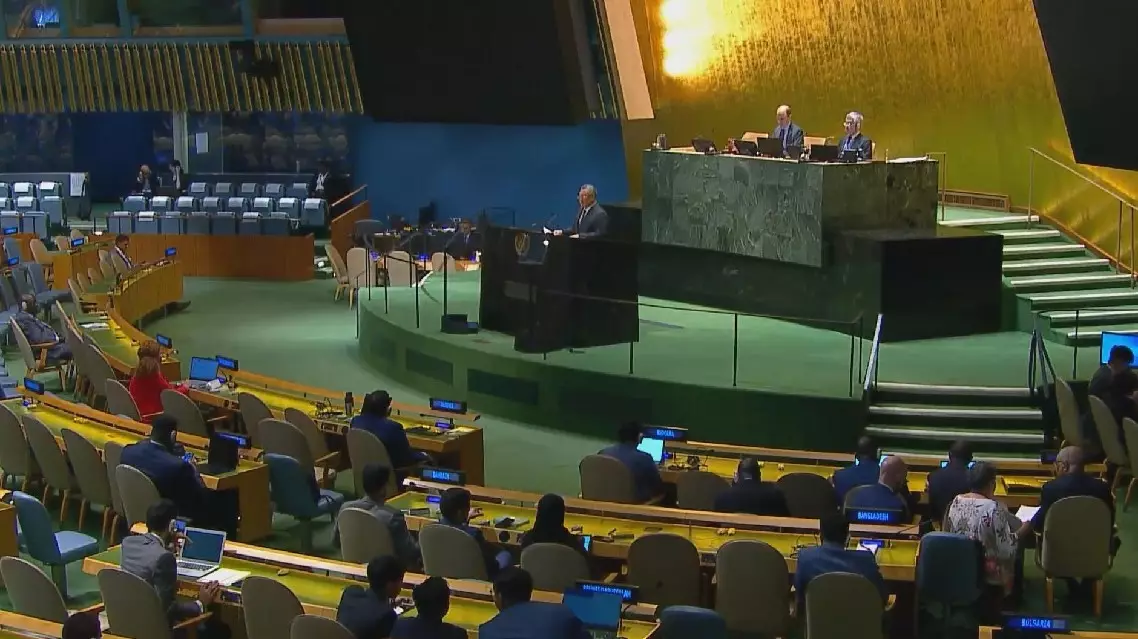
Chinese envoy urges Israel to immediately end unlawful presence in occupied Palestinian territory


